VPN Selection Assistant
Find Your Perfect VPN
Select your priorities to get tailored recommendations for VPNs that work with crypto exchanges in Bangladesh.
Buying Bitcoin or trading on Binance from Bangladesh isn’t as simple as clicking a button. Even though millions of people in Bangladesh are interested in cryptocurrency, many major exchanges block access outright. The government doesn’t officially ban crypto, but it doesn’t allow banks to touch it either. And with the Digital Security Act giving authorities broad powers to monitor online activity, people are scared to use their real IP addresses. That’s where VPNs come in.
Why Can’t Bangladeshis Use Crypto Exchanges Directly?
Exchanges like Binance and Bitfinex don’t serve users in Bangladesh. It’s not because they don’t want to - it’s because they’re forced to. Financial regulators in Bangladesh have made it clear that banks and payment processors can’t interact with crypto platforms. That means even if you sign up, your payment method gets blocked. But the bigger issue? Surveillance. The Digital Security Act of 2018 lets authorities track online behavior without a warrant. People worry that if they trade crypto using their home internet, their IP address gets logged. Since Bitcoin transactions are public, anyone with the right tools can link your wallet to your real identity. If you’re flagged, you could face scrutiny - or worse. That’s why so many traders use a VPN. It hides your real location and makes your traffic unreadable to snoopers.What a VPN Actually Does for Crypto Traders
A VPN doesn’t just change your IP address. It encrypts everything you send and receive. Without it, your login details, wallet passwords, and seed phrases could be intercepted by hackers or even government monitors. With a good VPN, your data turns into scrambled code. Even if someone catches it, they can’t read it. More importantly, a VPN lets you appear as if you’re in a country where exchanges are fully open. Say you want to use Binance. If you’re in Bangladesh, the site blocks you. But if you connect to a server in Germany, Singapore, or the U.S., Binance sees you as a user from one of those places - and lets you in.What to Look for in a VPN for Crypto in Bangladesh
Not every VPN works here. Some get blocked by exchanges. Others leak your real IP. Others don’t have enough servers to pick from. Here’s what actually matters:- AES-256 encryption - This is the gold standard. If a VPN doesn’t use it, walk away.
- WireGuard or OpenVPN protocols - These are faster and more secure than older options like PPTP.
- RAM-only servers - These servers don’t store any data on hard drives. Even if someone seizes the server, there’s nothing to find.
- No logs policy - The provider must not record your activity, timestamps, or IP history.
- 200+ server locations - You need options. If one server gets blocked, you switch to another.
- Cryptocurrency payments - Paying with Bitcoin or Ethereum keeps your bank out of the loop.
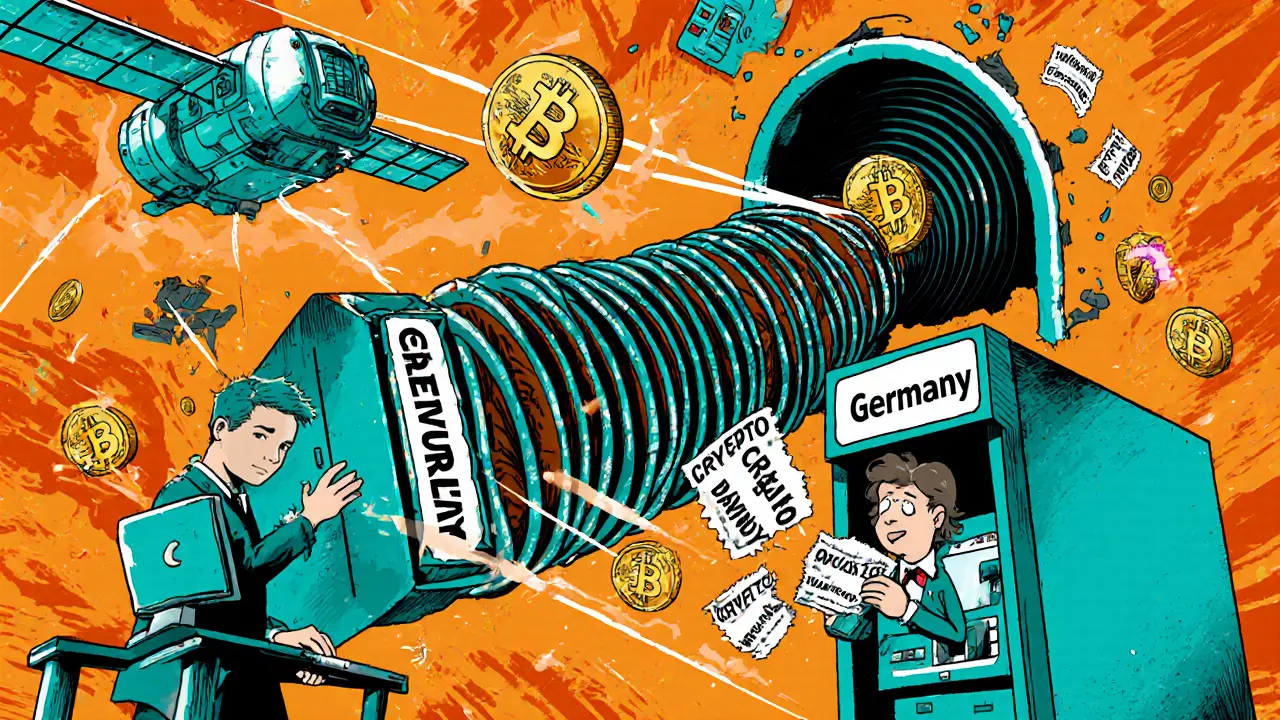
Top VPNs Used by Bangladeshi Crypto Traders
Based on real user reports and performance tests, these three services consistently work in Bangladesh:ExpressVPN is the most trusted. It has servers in 105 countries, uses RAM-only infrastructure, and has private DNS on every server. That means no data leaks. It’s also the fastest, which matters when you’re trying to buy Bitcoin before the price spikes. The 30-day money-back guarantee lets you test it risk-free.
Surfshark is the best if you need a Bangladesh IP address - yes, you can get one. That’s useful if you want to access local services while still hiding your activity. It’s also one of the cheapest, and it lets you connect unlimited devices. Perfect for families or people using multiple phones and laptops.
NordVPN stands out because it has built-in protection against phishing links and malware. If you accidentally click a fake Binance login page, NordVPN warns you before you enter your details. It also scans the dark web for your leaked data. And yes, you can pay with Bitcoin.
Proton VPN offers a free plan with unlimited data and strong encryption. It’s not as fast or reliable for trading, but if you’re just testing the waters, it’s a safe starting point.
How to Set Up a VPN for Crypto Trading
Here’s the exact process, step by step:- Choose a VPN from the list above. Don’t pick the cheapest one - pick the one with the features you need.
- Sign up using a Bitcoin or Ethereum payment if possible. Avoid credit cards tied to your bank.
- Download the app from the official website - not the Google Play Store or Apple App Store. Those can be monitored.
- Install it on your phone, tablet, and computer. Use the same account on all devices.
- Open the app and connect to a server in a country where Binance or another exchange works - like the U.S., Germany, or Japan.
- Clear your browser cache and cookies. Old data can cause login issues.
- Go to your crypto exchange and log in. If it works, you’re done.
If you get blocked, try a different server. Some exchanges block entire IP ranges. Switching from a U.S. server to a Singapore one often fixes it.
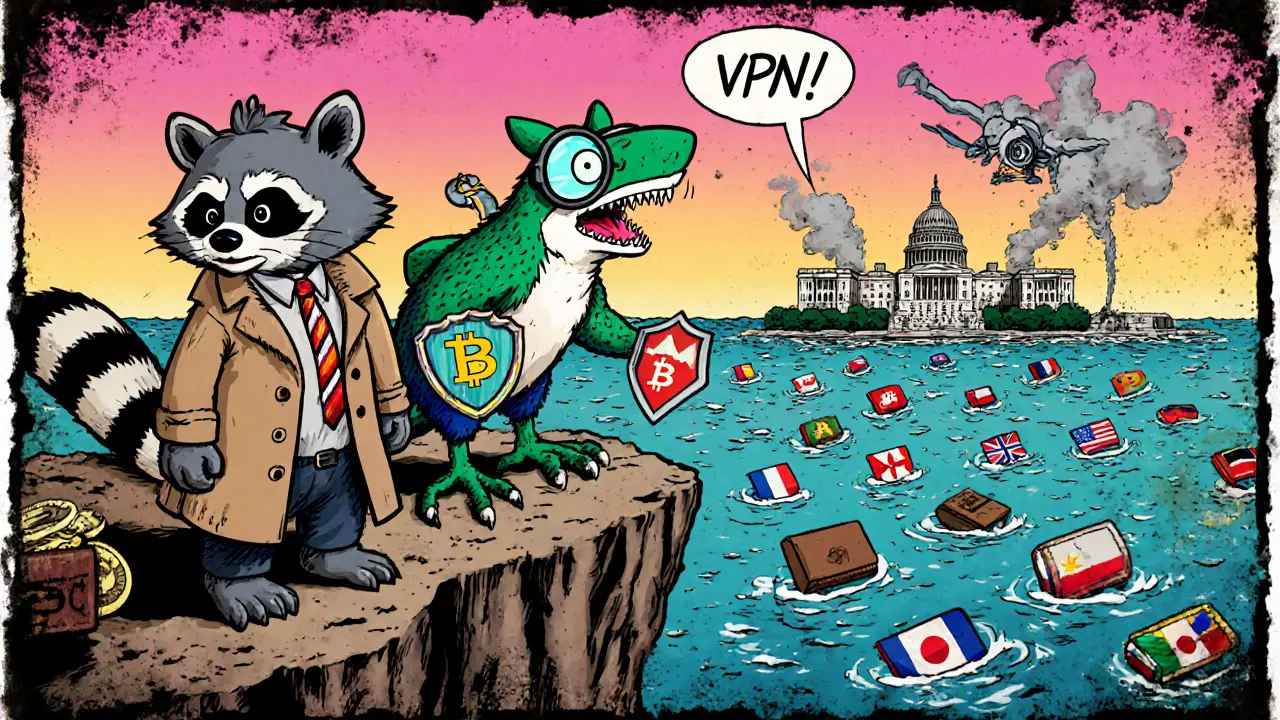
Security Tips You Can’t Ignore
Using a VPN doesn’t make you invincible. Here’s what else you need to do:- Never share your seed phrase. Not even with your VPN provider.
- Use a hardware wallet like Ledger or Trezor for large holdings. Keep it offline.
- Enable two-factor authentication (2FA) on every exchange. Use an authenticator app - not SMS.
- Don’t use public Wi-Fi for trading. Even with a VPN, it’s risky.
- Check your DNS and IP leaks regularly. Use sites like dnsleaktest.com to confirm your VPN is working.
What Happens If You Get Caught?
There’s no official punishment for using crypto in Bangladesh - yet. But there are reports of people being questioned by authorities after large transactions. The government doesn’t want crypto to become a way to move money out of the country. So while it’s not illegal, it’s risky. Using a no-logs VPN dramatically lowers that risk. If your traffic is encrypted and your IP is hidden, there’s nothing for them to trace back to you. But if you use a free VPN that logs everything? That’s a disaster waiting to happen.Future Outlook: Will This Change?
Bangladesh’s stance on crypto is shifting slowly. More people are using it. More businesses are accepting it. The central bank has hinted at exploring a digital currency - but not for public use. Until then, the gap between regulation and reality will stay wide. VPNs are the bridge. As long as exchanges keep blocking Bangladesh, and as long as surveillance stays strict, people will keep using them. The better the VPNs get, the harder it becomes for governments to control the flow of digital money.For now, the message is clear: if you want to trade crypto in Bangladesh, you need more than a phone and an internet connection. You need a reliable VPN - and the discipline to use it right.
Is it legal to use a VPN for crypto in Bangladesh?
Using a VPN is not illegal in Bangladesh. The government doesn’t ban VPNs outright, but it does monitor internet traffic under the Digital Security Act. While using a VPN to access crypto exchanges isn’t specifically outlawed, it can attract attention if your activity looks suspicious. A reputable no-logs VPN minimizes risk by keeping your activity private.
Can I use a free VPN to trade crypto?
You can, but you shouldn’t. Free VPNs often log your data, sell it to advertisers, or inject ads into your traffic. Some even contain malware. For crypto trading, where your seed phrase and login details are at stake, the risk isn’t worth it. Proton VPN’s free plan is one of the safer options, but it’s slow and has limited servers - not ideal for active trading.
Why does Binance block users in Bangladesh?
Binance blocks users in Bangladesh because of regulatory pressure. While Bangladesh doesn’t outright ban crypto, it prohibits banks and financial institutions from handling crypto transactions. To avoid legal risk, Binance and other exchanges restrict access in countries where compliance is unclear or too costly. This is common in many emerging markets.
Do I need to use a VPN on my phone too?
Yes. Most people trade crypto from their phones. If you only use a VPN on your laptop but not your phone, your mobile traffic is still exposed. Install the VPN app on all your devices and keep it turned on whenever you’re accessing crypto exchanges, wallets, or even checking prices.
What if my VPN stops working with Binance?
Exchanges sometimes block entire server IPs used by VPNs. If you can’t log in, try switching to a different server in another country. Clear your browser cache and cookies. If that doesn’t work, contact your VPN’s support team - most have live chat and can give you working server suggestions.
Can I pay for a VPN with Bitcoin in Bangladesh?
Yes, several top VPNs - including NordVPN, ExpressVPN, and Surfshark - accept Bitcoin and other cryptocurrencies through payment processors like CoinGate. This keeps your transaction off bank records and adds another layer of privacy. Use this option if you want to fully separate your crypto activity from your traditional finances.
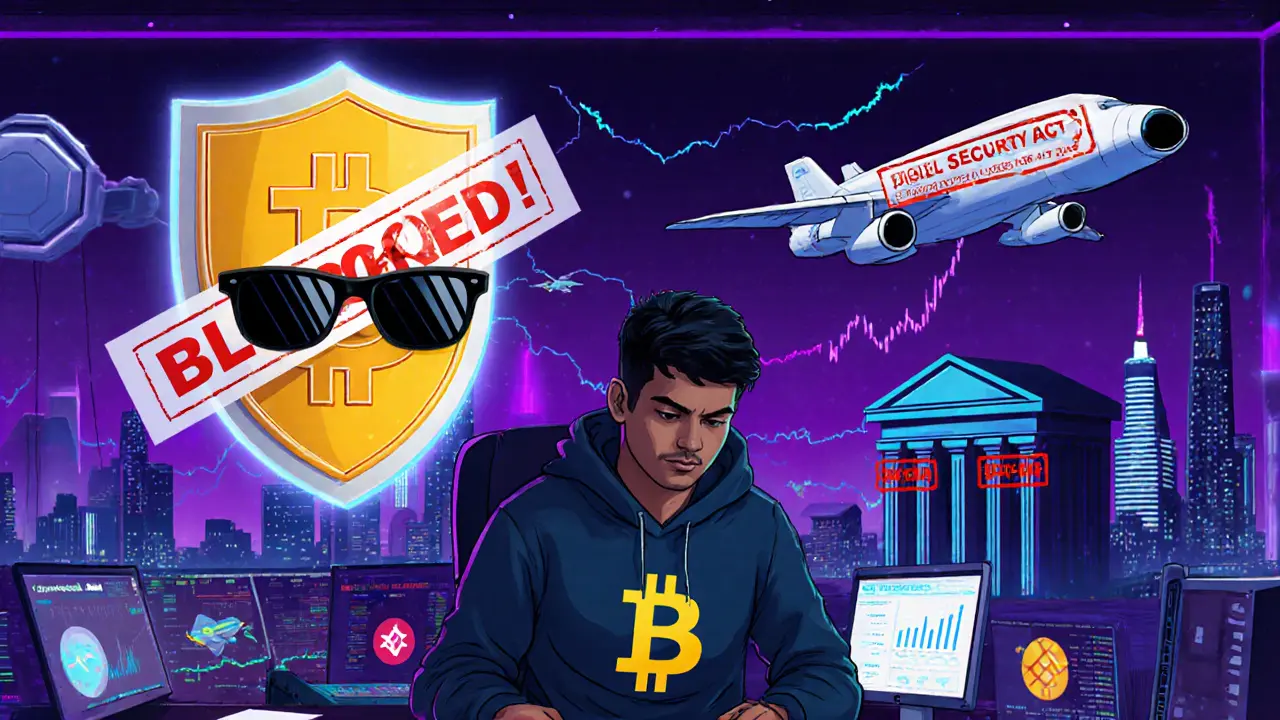

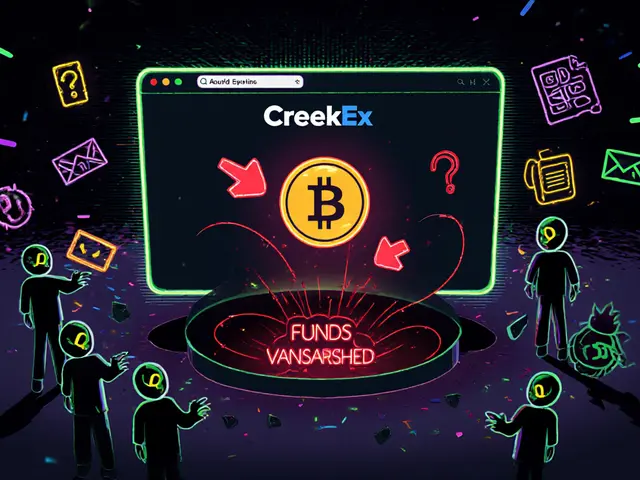
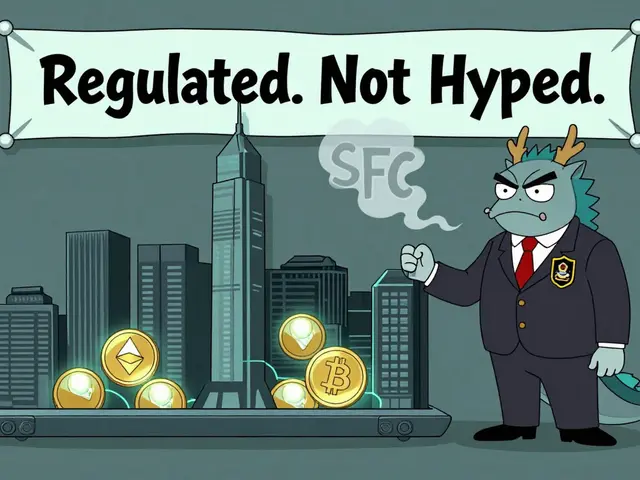
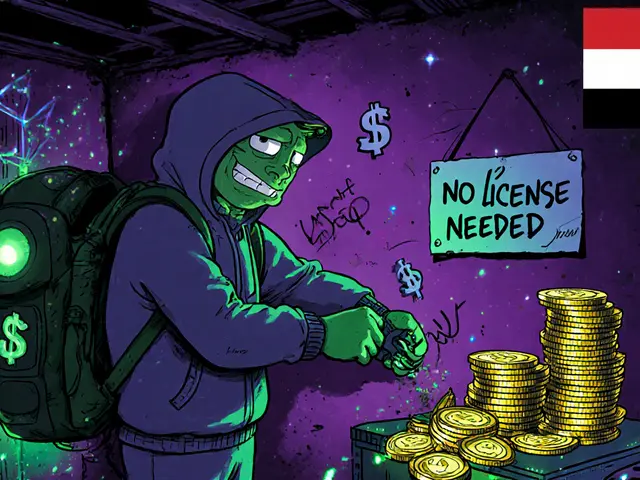

Cody Leach
VPN usage for crypto in Bangladesh is a practical necessity, not a loophole. The government’s stance is contradictory-no outright ban but no legal infrastructure either. People aren’t breaking laws, they’re just surviving in a gray zone. The real issue is financial exclusion, not tech misuse.